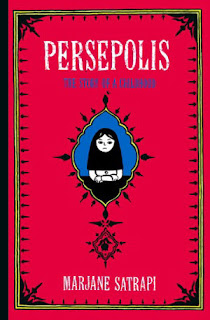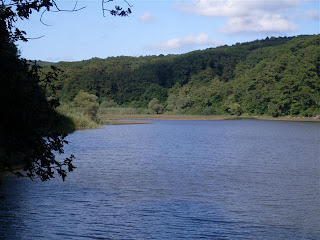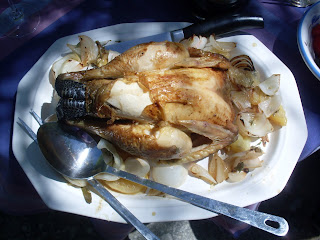The entrance to the
Belgrad Forest
Back in Istanbul, after a week in France, I was excited to see that a Turkish friend was organizing a hike in the Belgrad Forest. It was scheduled to be on my birthday. As nature can often seem far, far away in Istanbul, I loved the idea of spending my birthday meeting new people by going on a hike.
Aren't you grateful for friends that take the time to organize things? They always deserve a little extra appreciation, don't they? Yasemin, my Turkish friend who put this together, hadn't hiked here before, but she did all the work of finding out what bus to take, where it leaves from, how often it leaves, etc. When someone has done all of that work, it makes it so easy for the rest of us to go out and discover new places and opportunities, doesn't it? If you're one of those people who are always connecting others by organizing events, thank you!
To give you an idea of what a commitment it is to get to an event in Istanbul, I took a bus to Taksim Square (50 minutes), and then got on the 42T bus to go to the Belgrad Forest (another 50 minutes). That second bus has a route all along the Bosporus, so it often seems like I'm getting a sightseeing tour at a municipal bus price! The scenery was fantastic, and since another hiker from France and I guessed we were each going to the same hike and started talking, so was the company. The 50 minutes flew by. We got to the end of the line of the 42T and there was the forest! After paying a 2.25 TL entrance fee ($1.27) we were in.
It's not every forest
that has a cafe
with checkered tablecloths
Or horses and bicycles to rent
Paths were wide enough
for all kinds of traffic:
foot, hoof, or wheeled
Yasemin, our organizer,
is the tall woman in green
in the middle.
Fun folks I met:
Jackie, a fashion designer from Ireland
and Ibrahim, an importer/exporter from Turkey
Beautiful, isn't it?
We were surprised the park was so deserted.
It was the middle of Ramadan though.
Anyone fasting couldn't even
take so much as a drop of water.
Not good conditions for locals to go hiking.
Another view of the beautiful lake
in the middle of the park.
The forest paths were so beautifully maintained
it was as if we were the first people to use them.
It turns out we were.
We came across a maintenance crew laying down
rubber backing (like under carpet)
and then covering it with this natural material.
If you are a runner,
this would be a very healthy place to run.
The path was springy and easy on the joints.
The majority of our group
headed back to Istanbul.
I finished our hike around the lake
with Misty and Kristin,
two fun American women
I was meeting
for the first time.
A last calming view of natural beauty.
What a terrific resource this forest
is for the urban dwellers of Istanbul!
The view as the municipal bus starts back to Istanbul.
This is an Ottoman-era grove of trees.
In France and in Turkey, I kept coming across these
magnificent tree groves planted under
authoritarianism forms of government.
I kept wondering if democracies
could create such gorgeous groves
for future generations.
Are there any where you live?
Planting groves like this
requires a long-term view,
doesn't it?
In my country,
people often don't seem to want to invest tax money
for those living alongside them,
let alone those who aren't even born yet.
On the bus back,
Kirstin and Misty talked up Mehmet's,
their favorite kebabci in the
Istanbul neighborhood of Ortaköy
with such gastronomic fervor
I had to try it for myself, no?
We ate fabulous Turkish comfort food
(mine was chicken shish kebab).
They introduced me to "ezme,"
which they described as a Turkish version of salsa.
On the hike,
these two hip, happening, can-do women
mentioned that they were organizing
a trip to Bulgaria...































































 Who links to me?
Who links to me?
